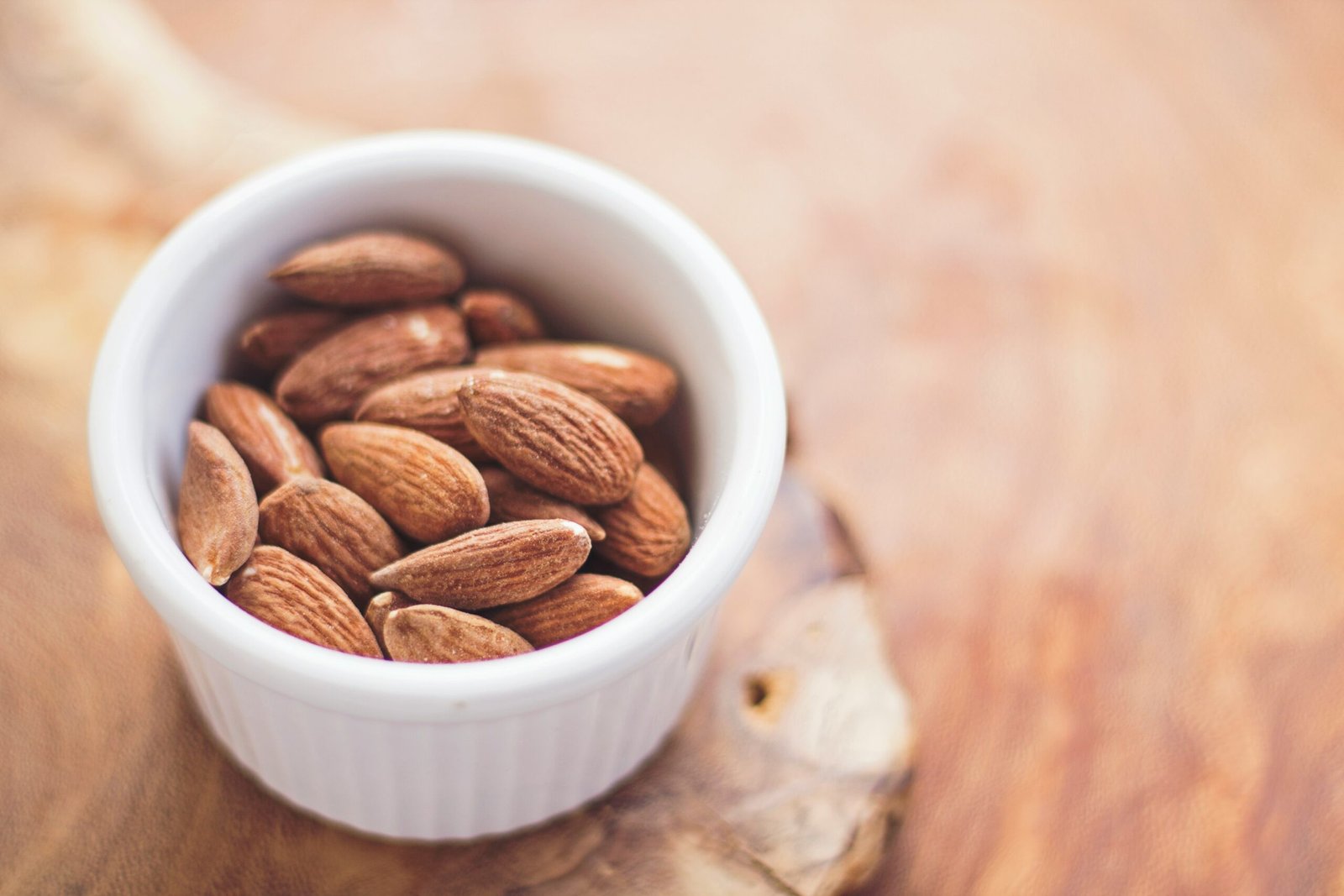Introduction to the Asian Diet and Healthcare
The traditional Asian diet, deeply rooted in cultural practices and historical contexts, is widely recognized for its correlation with health and longevity. This dietary approach, prevalent across numerous Asian countries, emphasizes a balance of macronutrients, with a notable focus on plant-based foods, lean proteins, and whole grains. Over centuries, these dietary habits have been shaped by philosophies that prioritize harmony between body and nature, influencing eating practices that promote overall well-being.
In many Asian cultures, food is not merely sustenance but a crucial aspect of healthcare. The integration of food and medicine is evident in traditional practices such as Traditional Chinese Medicine (TCM) and Ayurveda. These systems advocate for the consumption of specific foods to maintain health and prevent disease, a principle that remains influential in contemporary dietary recommendations by doctors in these regions.
Commonalities in dietary recommendations across Asian countries include the consumption of a variety of vegetables, fruits, legumes, nuts, and seeds. Whole grains such as rice, particularly brown rice, and whole wheat are staples. Fish and other seafood are preferred sources of protein, while red meat is consumed sparingly. Fermented foods like kimchi, miso, and natto are also regularly recommended due to their probiotic benefits. Additionally, green tea is commonly advised for its antioxidant properties.
Healthcare professionals in Asian countries often recommend these foods because of their known health benefits, which are supported by both traditional knowledge and modern scientific research. These dietary patterns are associated with lower rates of chronic diseases such as cardiovascular disease, diabetes, and certain cancers, contributing to the higher life expectancy observed in these populations.
Overall, the traditional Asian diet exemplifies a holistic approach to health, where food plays a pivotal role in maintaining balance and preventing illness. This perspective continues to inform the dietary recommendations of doctors across the region, underscoring the profound connection between diet, culture, and health.
Nutrient-Rich Foods Commonly Recommended
In many Asian countries, doctors frequently recommend a variety of nutrient-rich foods due to their health benefits and nutritional profiles. Among these, fish is a prominent choice. Rich in omega-3 fatty acids, fish such as salmon, mackerel, and sardines are known to support cardiovascular health, reduce inflammation, and improve brain function. According to the Japanese Ministry of Health, Labour, and Welfare, a diet incorporating fish at least twice a week is associated with a lower risk of heart disease.
Rice, a staple in many Asian diets, is another commonly recommended food. Brown rice, in particular, is valued for its high fiber content, which aids in digestion and helps maintain stable blood sugar levels. It also provides essential minerals like magnesium and selenium, which are important for metabolic and immune functions.
Soy products, including tofu, miso, and edamame, are celebrated for their protein content and isoflavones. Isoflavones are phytoestrogens that have been linked to reduced risks of certain cancers and improved bone health. The Chinese Dietary Guidelines highlight the benefits of incorporating soy products into daily meals for their ability to lower cholesterol levels and support overall health.
Seaweed is another nutrient-dense food frequently recommended by health professionals in Asian countries. It is rich in iodine, which supports thyroid function, as well as vitamins A, C, and E. Seaweed also contains unique compounds like fucoidan, which have been shown to possess anti-inflammatory and immune-boosting properties.
Green tea, a traditional beverage in many Asian cultures, is renowned for its high antioxidant content. Catechins, a type of antioxidant found in green tea, are known to protect cells from damage and reduce the risk of chronic diseases. The Korean Society of Food Science and Nutrition recommends regular consumption of green tea to enhance metabolic health and promote longevity.
Lastly, a variety of fruits and vegetables are endorsed for their vitamins, minerals, and fiber. Foods such as bok choy, spinach, and berries are packed with nutrients that support immune function, skin health, and overall well-being. The Indian Council of Medical Research advocates for a diet rich in diverse fruits and vegetables to ensure balanced nutrition and prevent nutrient deficiencies.
Health Benefits and Scientific Backing
The food items most recommended by doctors in Asian countries are often celebrated for their numerous health benefits, many of which are backed by scientific studies and clinical trials. These foods play a crucial role in the prevention and management of common health issues such as heart disease, diabetes, and obesity. Among the most notable are green tea, turmeric, and fermented foods such as kimchi and miso.
Green tea, for instance, is renowned for its high content of polyphenols, particularly catechins, which are powerful antioxidants. Scientific research indicates that these compounds can help reduce the risk of cardiovascular diseases. A study published in the Journal of the American Medical Association found that individuals who consumed green tea regularly had a lower incidence of coronary artery disease. Additionally, green tea has been linked to improved metabolism and weight management, making it a beneficial choice for those combating obesity.
Turmeric, another staple in many Asian diets, contains curcumin, a compound known for its potent anti-inflammatory and antioxidant properties. Clinical trials have demonstrated that curcumin can help manage symptoms of arthritis and may reduce the risk of chronic diseases such as heart disease and cancer. For instance, a study in the journal Cancer Prevention Research highlighted curcumin’s potential in inhibiting the growth of cancer cells, while another study in the Annals of Internal Medicine pointed to its efficacy in reducing inflammation in patients with rheumatoid arthritis.
Fermented foods like kimchi and miso are also highly recommended due to their probiotic content, which supports gut health. Probiotics are beneficial bacteria that help maintain a healthy digestive system and strengthen the immune system. Research published in the journal Nutrition Reviews emphasizes that regular consumption of fermented foods can lead to improved digestion, reduced inflammation, and better control of blood sugar levels, which is particularly beneficial for individuals with diabetes.
Overall, these foods are rich in unique compounds and antioxidants that offer a myriad of health benefits. Their regular inclusion in the diet can significantly contribute to the prevention and management of prevalent health issues, underscoring the wisdom of dietary recommendations made by doctors in Asian countries.
Incorporating Asian Superfoods into Your Diet
Integrating Asian superfoods into your daily diet can be both a delightful and beneficial endeavor. These nutrient-dense foods are not only packed with vitamins and minerals but also offer unique flavors that can enhance your meals. To start, consider adding matcha, a finely ground green tea powder, to your morning routine. A simple matcha latte made with almond milk and a touch of honey can provide a rich source of antioxidants. Alternatively, you can incorporate matcha into smoothies, baked goods, or even salad dressings for a subtle yet healthful boost.
Another superfood to consider is turmeric, known for its anti-inflammatory properties. A straightforward way to include turmeric in your diet is by making golden milk. Simply mix a teaspoon of turmeric powder with warm milk, a pinch of black pepper (to enhance absorption), and a dash of honey or maple syrup. This soothing beverage can be enjoyed at any time of the day. Additionally, turmeric can be used in curries, soups, and even scrambled eggs for an added nutritional punch.
Seaweed, a staple in many Asian cuisines, is another excellent superfood. Rich in iodine and other essential minerals, seaweed can be easily integrated into your meals. Consider adding dried seaweed sheets to your salads, soups, or rice dishes. For a quick snack, you can make seaweed crisps by lightly toasting nori sheets and sprinkling them with sesame seeds and a bit of sea salt.
While incorporating these superfoods, you may encounter challenges related to the availability of certain ingredients, especially if you live outside of Asia. In such cases, look for local health food stores or online retailers that specialize in international foods. If specific superfoods are hard to find, seek out substitutes that offer similar nutritional benefits. For example, if seaweed is unavailable, you might opt for spinach or kale, which also provide vital nutrients.
Remember, balance and moderation are key. While integrating these superfoods can enhance your diet, it is essential to maintain a well-rounded nutritional plan. Always consider consulting with healthcare professionals before making any significant dietary changes to ensure that they align with your individual health needs.







